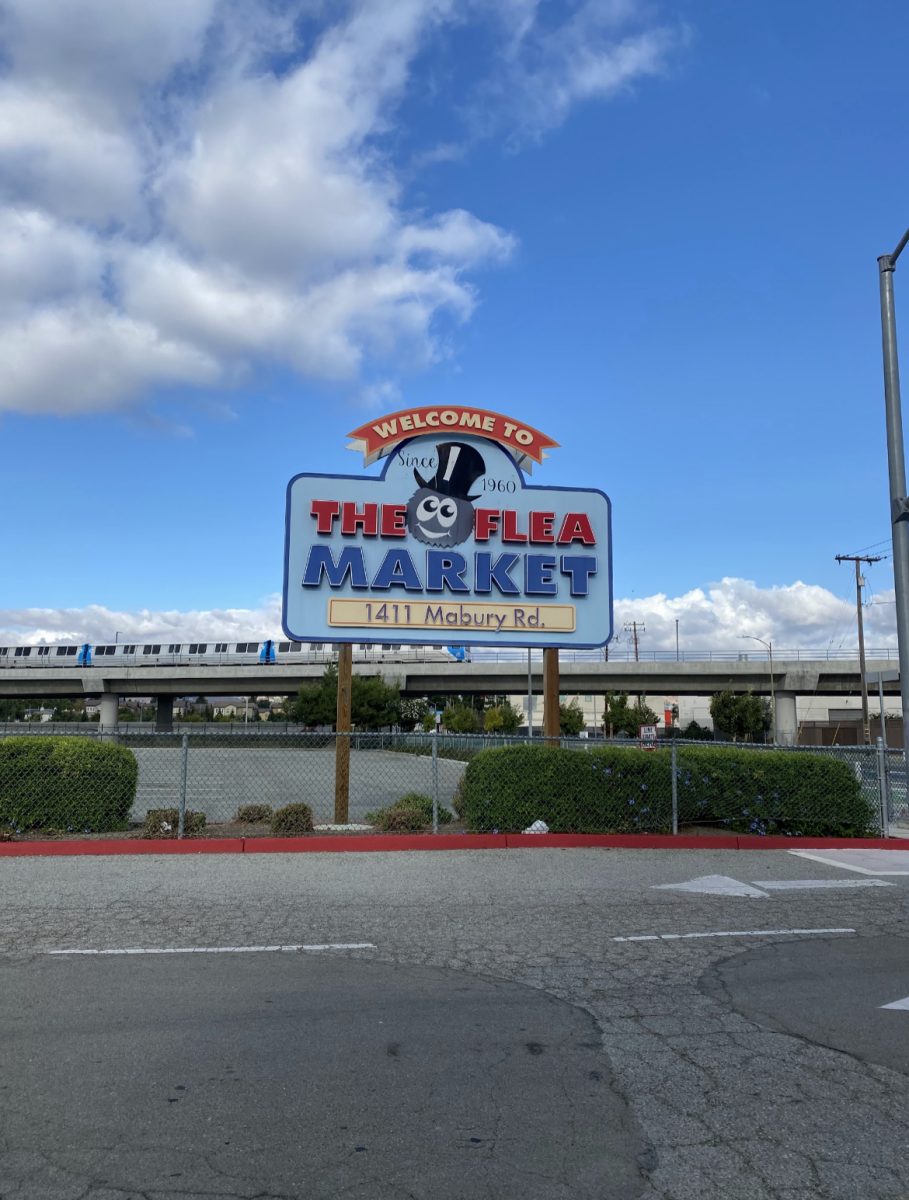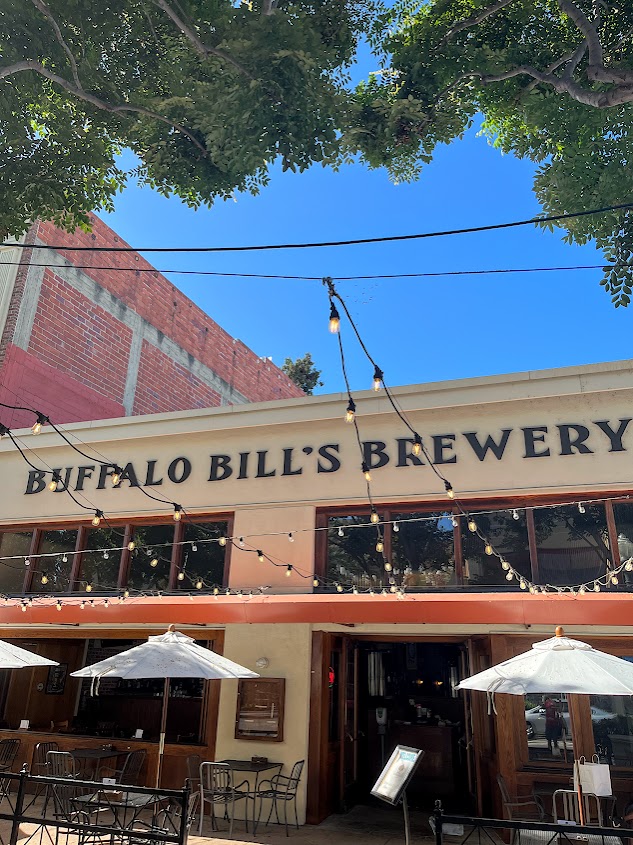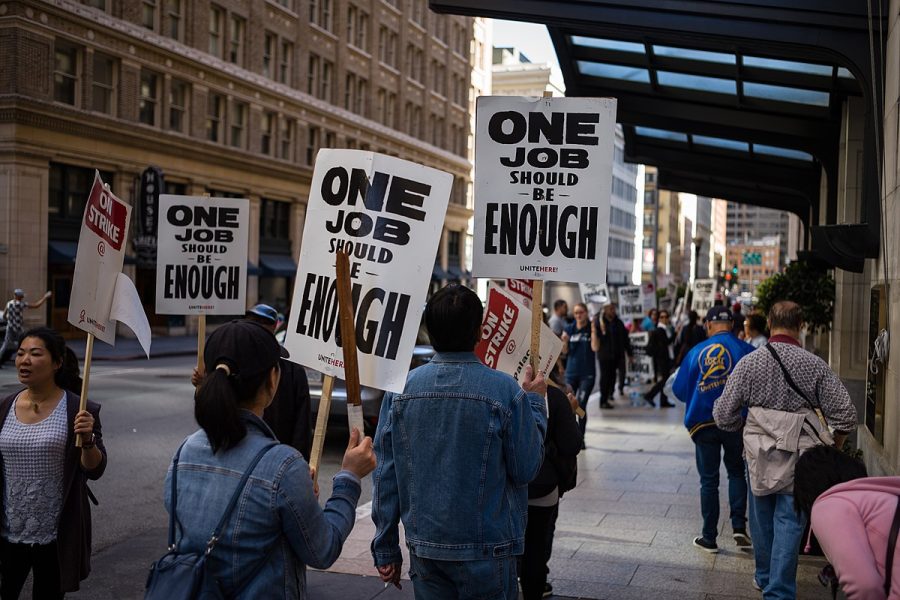Beginning July 1st, the City of Hayward banned all restaurants and food vendors from using Polystyrene foam food containers and instead must use recyclable and organic containers, intending to improve the environment and city through a measure passed in 2010.
Along with Alameda, Emeryville, Fremont, Oakland and Richmond, the city of Hayward has made the move towards becoming environmentally conscious.
“We realized there was a strong need for the city to become progressive, eco-friendly and green,” said city of Hayward Solid Waste Manager Vera Dahle Lacaze. “This measure will hopefully make our citizens aware of recycling and how to protect our cities, as well as really making a difference for our eco-systems and marine life.”
Through Hayward’s City Council Sustainability Committee, the city of Hayward requires that all food vendors only use to-go containers that can be recycled and composted, as polystyrene foam food containers have presented serious pollution and waste issues for the city.
“Polystyrene foam is a significant part of the litter that not just Hayward, but every city needs to contend with,” said Dahle Lacaze. “So if we have businesses required to use recyclable or compostable products, they can not only see their city become cleaner, but experience costs benefits as well.”
Known commercially as styrofoam, these polystyrene materials use between 25 and 30 percent of landfills nationwide according to the Foundation for Advancements in Science and Education, contributing tremendously to an ever-growing pollution and landfill problem.
A 2010 Environmental Protection Agency report on solid waste named the polystyrene manufacturing process as the 5th largest creator of hazardous waste in the U.S.
Styrene, the basic building block of polystyrene, has been classified as a possible human carcinogen by the EPA and by the International Agency for Research on Cancer.
“This will not only help our businesses by reducing the costs of waste through recycling, but we’re contributing to the overall improvement of our communities and the wildlife we share it with,” said Dahle Lacaze. “That’s extremely important if we want to be forward-thinking as a city and community.”
According to the EPA, a styrofoam cup will still exist in 500 years, although some environmental activists say it will survive indefinitely.
Marine life, studies show, often mistakes polystyrene pieces as edible food. When marine life ingests that foam, these materials then get clogged in their throats or entangled, and many subsequently die.
In order to protect our health and maintain our cities beautiful and clean, a ban on polystyrene containers are an absolute necessity, Dahle Lacaze said.
Although some businesses were able to comply with the ban as early as June, some businesses indicated they were concerned about the additional costs associated with this ban, as polystyrene is much cheaper.
Through the Public Works Administration, the city of Hayward supplied businesses with data on vendors of these materials so as to ease the process for them and supply them with as many options as possible.
In addition, the city offers businesses recycling at no additional cost, to alleviate costs brought on by the transition to the recyclable alternatives.
Restaurants who do not meet these standards are subject to a fine by the city.
“It makes me happy to see that my city is finally being globally aware and taking a step to improve our health,” said Hayward resident Patrice Johnson. “I eat out all the time, and to finally see restaurants’ using recyclable containers and materials across the board makes me feel cared about by my city.”
Dahle Lacaze said this is definitely a step in the right direction for Hayward, where residents can expect to see more changes in the future that will contribute to the overall well-being of its citizens and cohabitants.
“This ban is beneficial to everyone as it will begin a movement of “green” and safe measures for our city,” she said. “We needed to do this a long time ago, but now that it’s here it’s a noteworthy welcome.”












